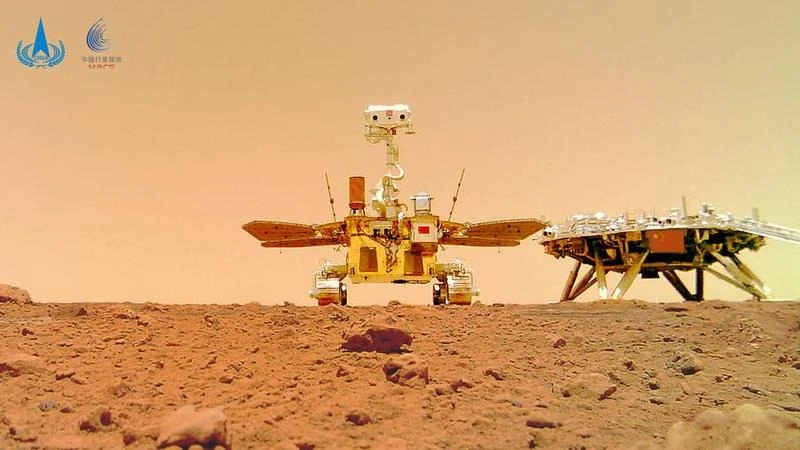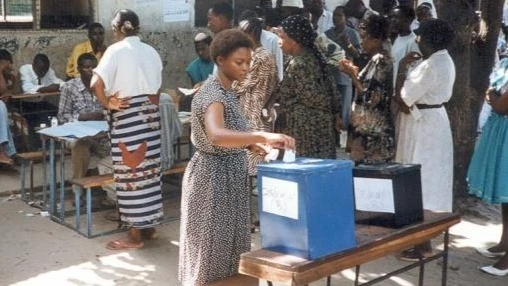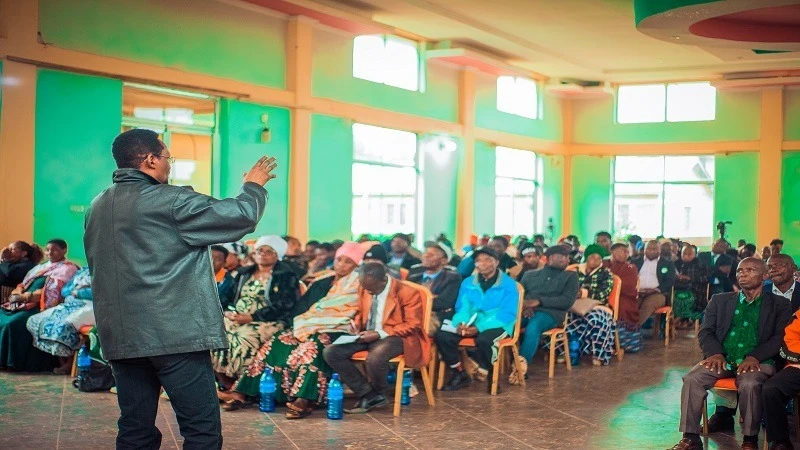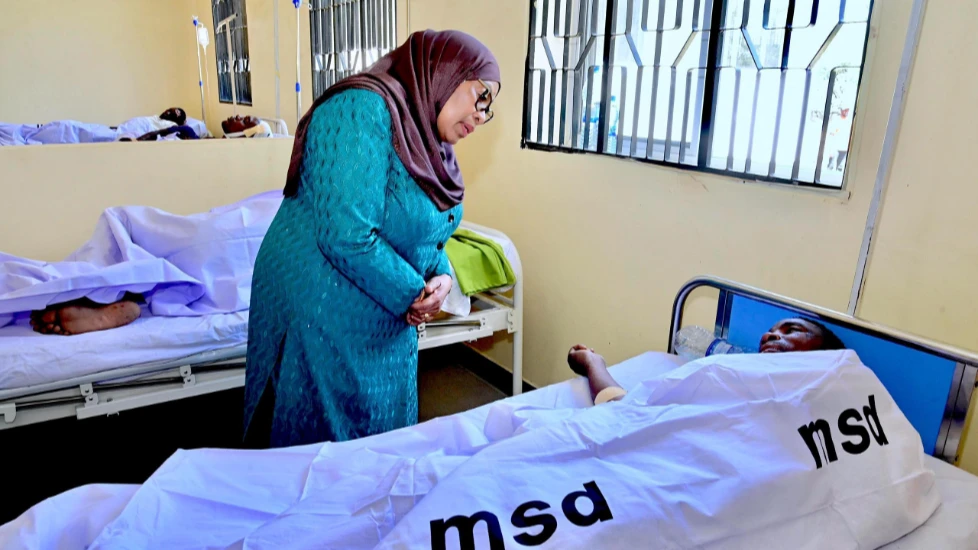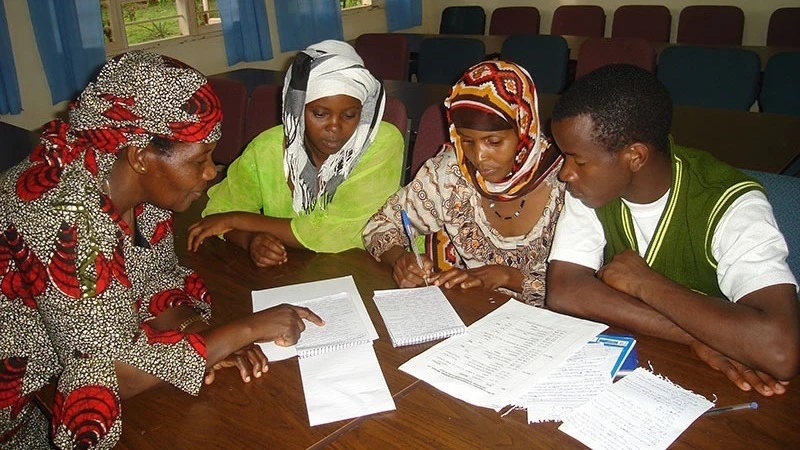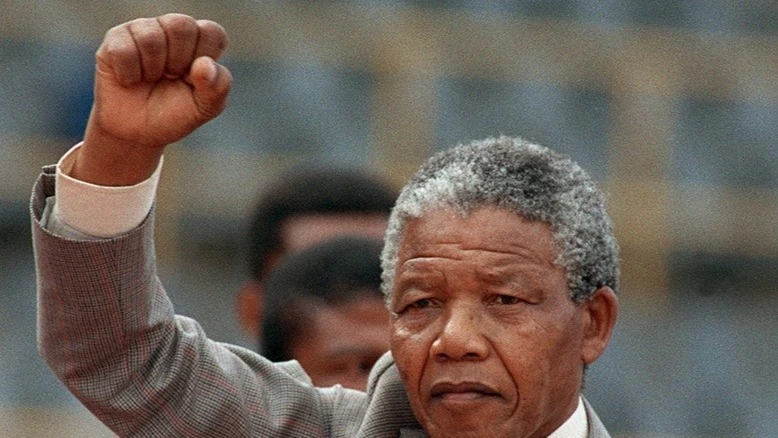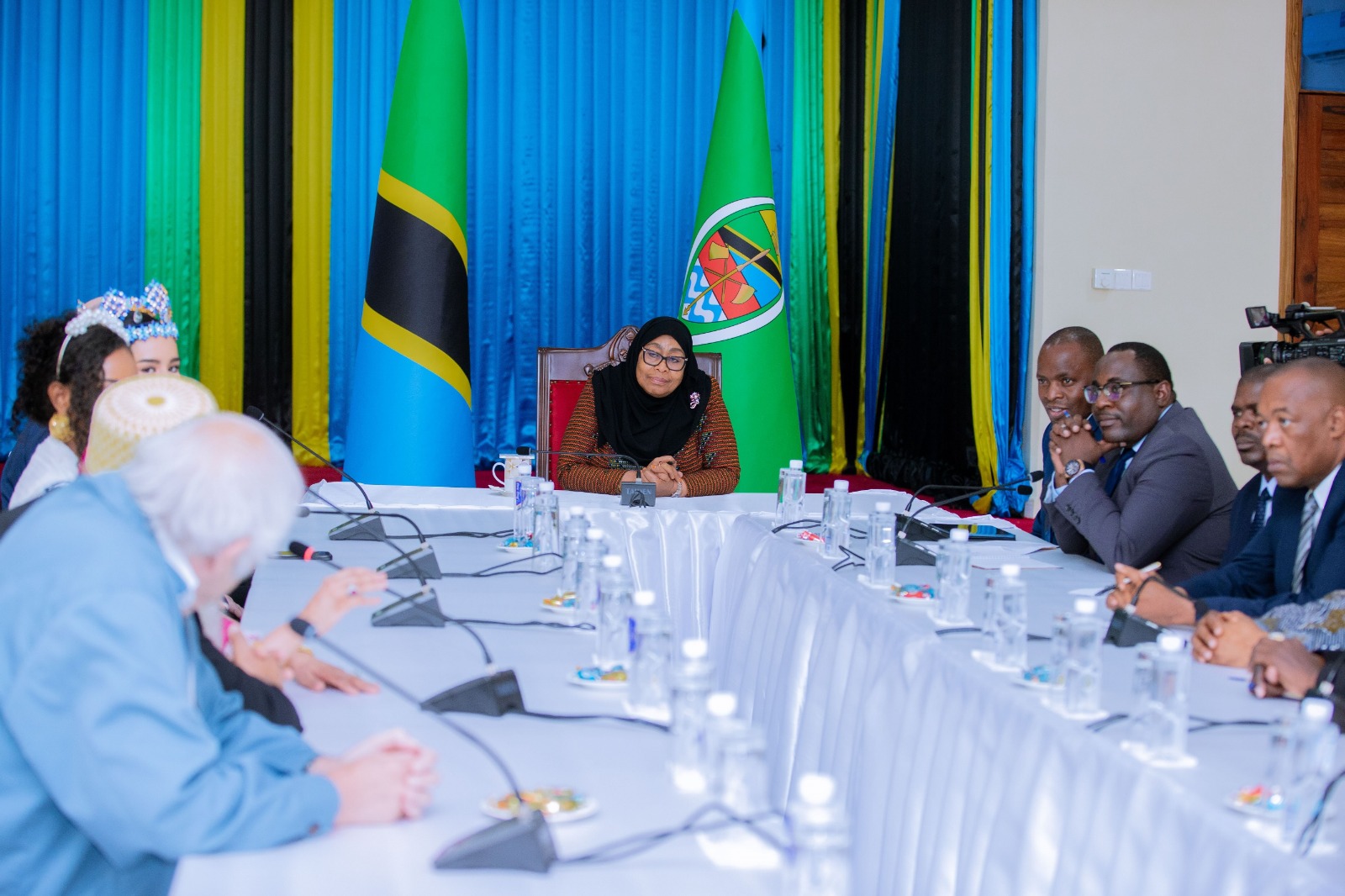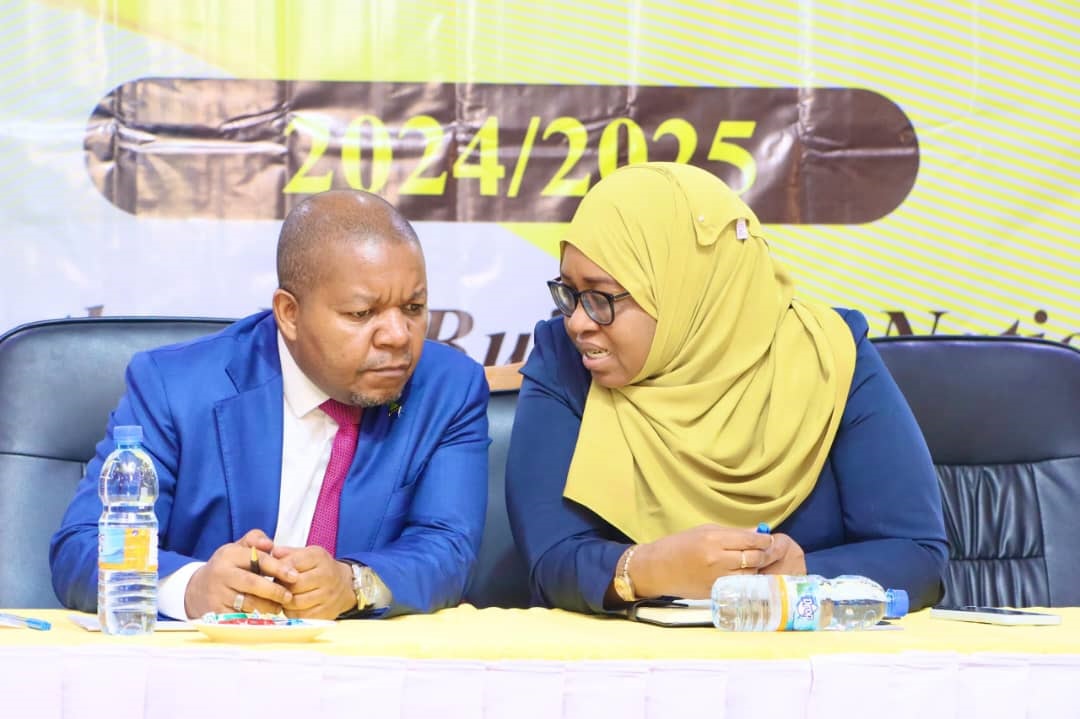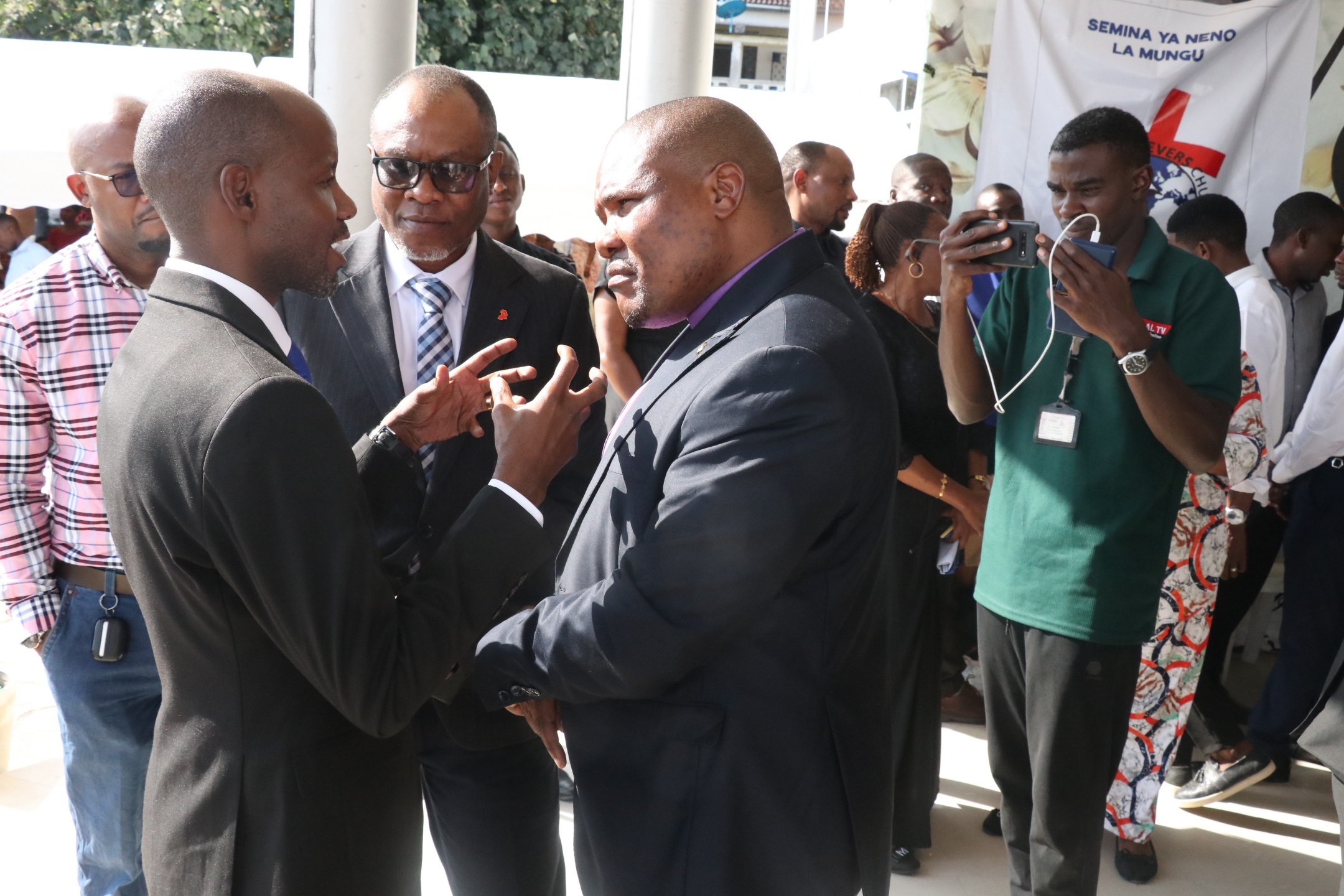General election: Need for Tanzanians to know leadership roles, development responsibilities
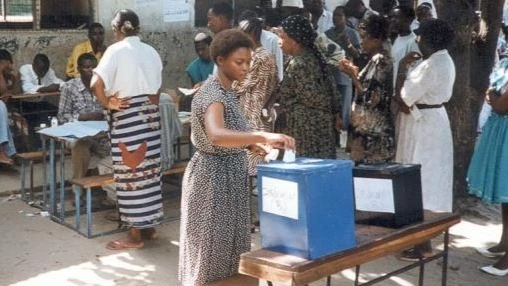
IN Tanzania, as in many other African nations, general elections are held every five years. Election years stand apart from other years due to the intense competition for power.
Political parties heavily invest in campaigns, spending vast amounts of money on activities such as printing t-shirts, creating billboards, producing posters, and distributing various materials aimed at persuading citizens to support their bid for power.
Election periods generate heated debates, often centered on accountability. Voters question both incumbents and aspiring leaders: What have you accomplished to deserve reelection? Or what new contributions will you bring if elected? In response, politicians must provide detailed explanations of their achievements or plans, offering citizens a basis for informed decisions.
Election seasons also come with warnings and ethical guidelines. One of these is the importance of separating regular governance duties from campaign activities. Even community-driven projects funded by local efforts may face restrictions due to concerns about electoral misconduct. However, there is often a misunderstanding regarding the role of political leaders in development.
Leaders do not directly create development—they influence it. Their most critical tool is the power to persuade. If someone not currently in office manages to inspire people to undertake socio-economic initiatives, that ability becomes part of their campaign strength.
Leadership fundamentally involves organizing people to achieve shared goals. Therefore, it is difficult to forbid leaders from associating their community engagement with their suitability for office.
Distributing money is not a measure of good leadership. Rather, leaders are judged by their capacity to mobilize people toward sustainable projects. For instance, a government may initiate a project, but an individual leader can amplify its impact by rallying community support. This ability reflects true leadership. Citizens must also be reminded that they share responsibility in the development process.
Unfortunately, many people lack a broader understanding of their role in development. They often expect the government to handle everything, overlooking the reality that public budgets can face deficits, causing project delays.
The critical question becomes: Why should communities continue to suffer waiting for services when they can work together to solve some of these issues themselves? The government plays the role of a catalyst by creating policies that empower people to take charge of their own progress.
Transparency is key. When citizens are informed about the funds allocated for development projects in their areas, they are more likely to contribute to those efforts. Incumbent candidates must be asked what opportunities for local development have been available and how hard they worked to utilize them. If they cannot answer convincingly, their eligibility should be critically assessed.
Understanding the role of leaders in promoting socio-economic development should be a central topic of discussion during election years. This awareness is crucial for several reasons. After serious reflection, the following key leadership functions emerge as vital in the development process:
Organizing communities
Individuals possess inherent power that can be transformed into collective development. The challenge lies in helping them recognize this power and how to harness it. When viewed from the perspective of an individual, the cost of social services can seem overwhelming.
However, when these costs are shared among the community, they become manageable. A leader’s role is to facilitate this process by developing strategies that make community contributions easier and more effective. Citizens should prioritize leaders who can organize people for the common good, not those who merely offer cash handouts in exchange for votes.
Facilitating development projects
Effective leaders are visionaries. They help citizens identify and utilize local resources for development. They guide communities in forming groups or cooperatives, enabling them to access financial services like loans. This collaborative approach boosts community wealth and enhances livelihoods.
When people are engaged in meaningful initiatives, they become part of the solution rather than merely blaming the government for delays. Development thrives when individuals take action and report challenges for resolution rather than constantly criticizing the system without offering solutions.
Representing the people
A competent leader must be an excellent communicator, serving as a representative of the people’s needs and interests in higher decision-making bodies such as Parliament, municipal councils, or city boards.
Their role includes advocating for solutions to local challenges and informing citizens about opportunities and resources available from government agencies or other institutions. Leaders should act as bridges, connecting communities to the broader systems that facilitate development.
Educating citizens
At times, people resist development policies simply because they do not understand them. It is the leader’s duty to educate the public, clarifying the benefits and implications of various initiatives. Unfortunately, good leaders sometimes fail to get elected because dishonest politicians exploit the ignorance of the masses for personal gain.
To avoid this, leaders must commit to educating their communities, fostering informed decision-making.
In any society where people live together, leadership is necessary to guide behavior, manage resources, and steer development. Both citizens and leaders have roles to play, and it is essential for each side to understand their responsibilities clearly. This clarity helps avoid confusion and prevents unnecessary frustrations caused by misplaced expectations.
As election time approaches and political narratives flood the media, both leaders and citizens must define and defend their roles thoughtfully. Seeking election should not be treated as a personal pursuit but as a social responsibility. Leadership is about serving the community—not about using resources merely to win votes.
Let us embrace truth, reflect on real leadership qualities, and vote wisely.
The author is a teacher based in Moshi. He can be reached at lyimo.thomas@yahoo.com
Top Headlines
© 2025 IPPMEDIA.COM. ALL RIGHTS RESERVED











